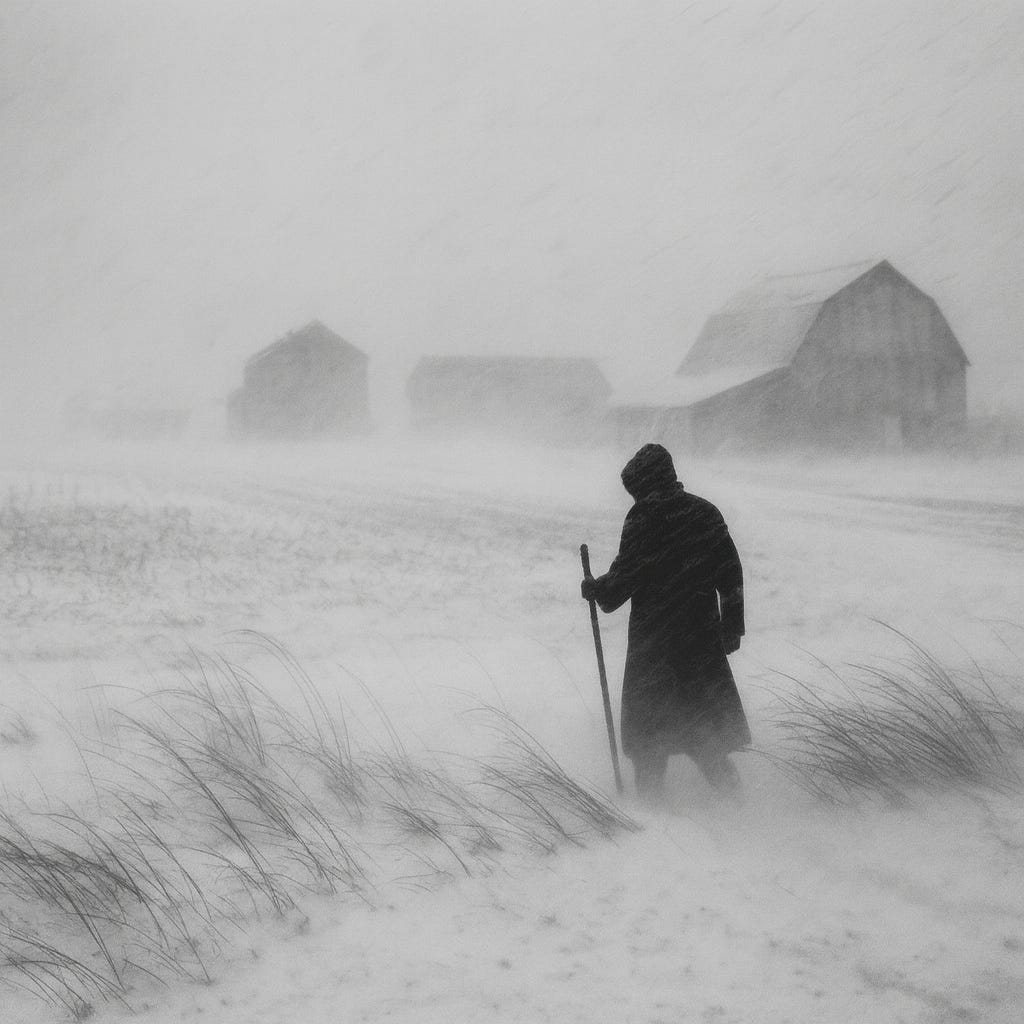On The Steward Class
Volume II in the Heartland Restoration Series
“He who does not rule himself will be ruled by others.” - Latin proverb
This essay is Volume II of the series “On the Heartland Straussian”.
Nature, Function, and Call
The soul of a republic is not its law but its people. You can write the best constitution on earth, balanced powers, elegant restraints, natural law woven into its preamble and none of it w…



